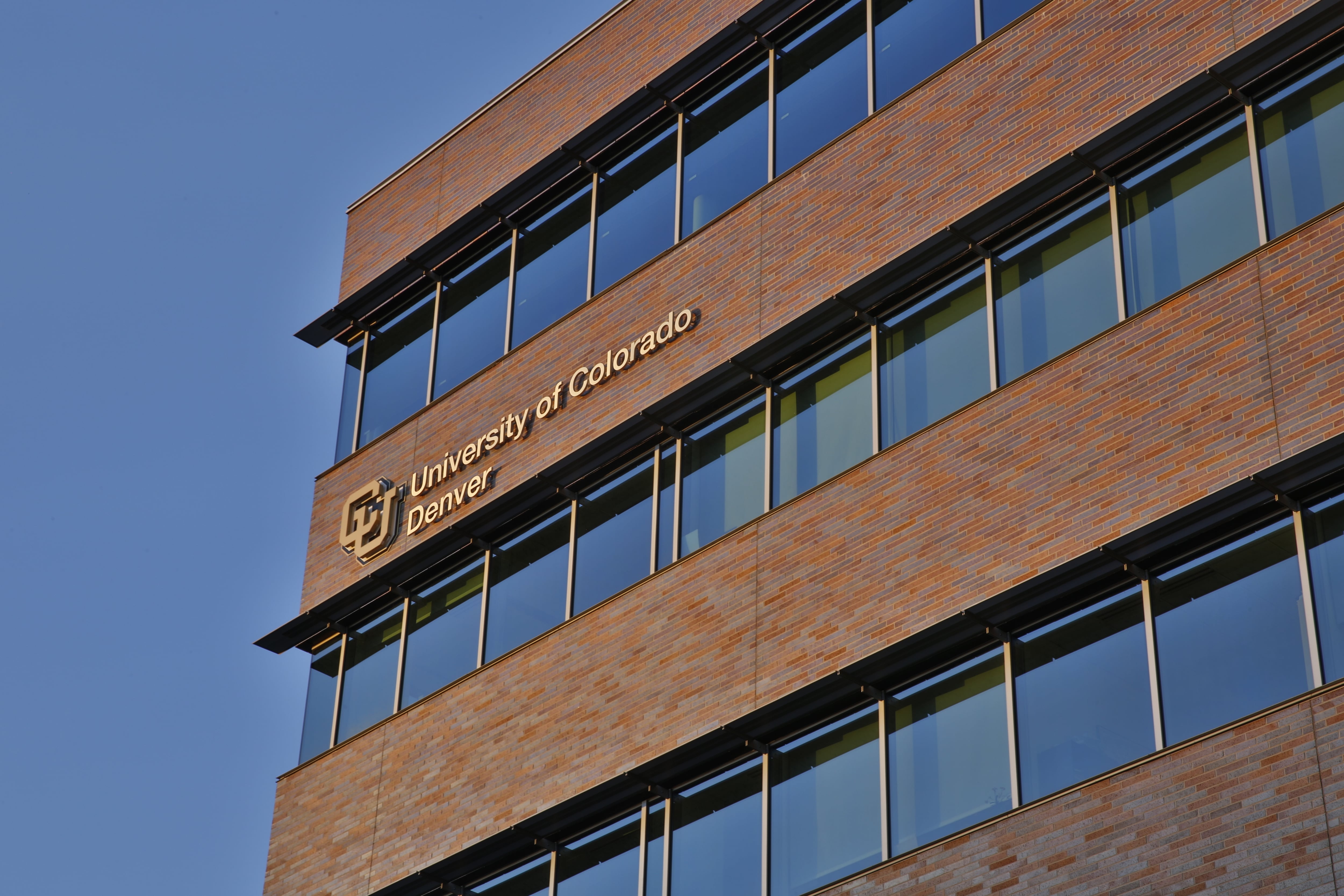The University of Colorado Denver will use about $7 million in federal grants over the next five years to expand a teacher preparation model to rural communities across the state. The federal government has touted the effort as an emerging program getting results in addressing the country’s teacher shortage.
The money from the U.S. Department of Education is part of $25 million five-year Teacher Quality Partnership program grants meant to help recruit, prepare, develop, and retain a strong, effective, and diverse teacher workforce.
CU Denver professors said the money will strengthen existing partnerships and allow the school to expand the NXT Gen Teacher Residency program to other rural colleges. The school will expand the program at Otero College and Trinidad State College and will add Lamar Community College to the fold.
Barbara Seidl, CU Denver teacher experiences and undergraduate experiences associate dean, said rural communities often bring in teachers from outside their community or the state, but have difficulty keeping them there.
Seidl said the goal is to “recruit from the local rural communities really talented people who want to stay, teach, and lead across a long career there.”
Colorado has made some efforts to help address a teacher shortage that’s impacted the entire country, investing in grow-your-own programs that tap promising high school students for teaching careers. The legislature this year approved stipends so teacher candidates from low-income backgrounds can get paid while student teaching, a point where many drop out because they can’t afford to work for free. The state also offers loan forgiveness to qualifying rural educators.
But successful programs like that at CU Denver are touted as another way to get high-quality teachers into communities where recruitment is the most difficult.
NXT Gen began in 2014 through a federal grant that aimed to work with Denver Public Schools.
The program has so far produced 124 teachers in schools that historically have lacked resources. It’s also tried to recruit first-generation students and students of color and place them back into their communities.
The program equips students with one-on-one support, as well as resources such as scholarships, tutoring, and peer mentoring.
Similar to the Denver program, the expansion will have students stay within their local communities — this time instead learning at their home colleges — and intern at their local school districts. During their senior year, the students transition into full-time paid residencies.
“We’re excited to bring true access to very high quality preparation programs where access hasn’t really been before,” said Cindy Gutierrez, CU Denver’s Office of Partnerships and Clinical Teacher Education director.
CU Denver is one of 22 programs selected for the grant program. U.S. Secretary of Education Miguel Cardona said in a news release the department wants to ensure it is providing the necessary resources to promote a diverse educator workforce.
“Our students need quality educators now more than ever to address their academic and mental health needs,” he said.
Jason Gonzales is a reporter covering higher education and the Colorado legislature. Chalkbeat Colorado partners with Open Campus on higher education coverage. Contact Jason at jgonzales@chalkbeat.org.






